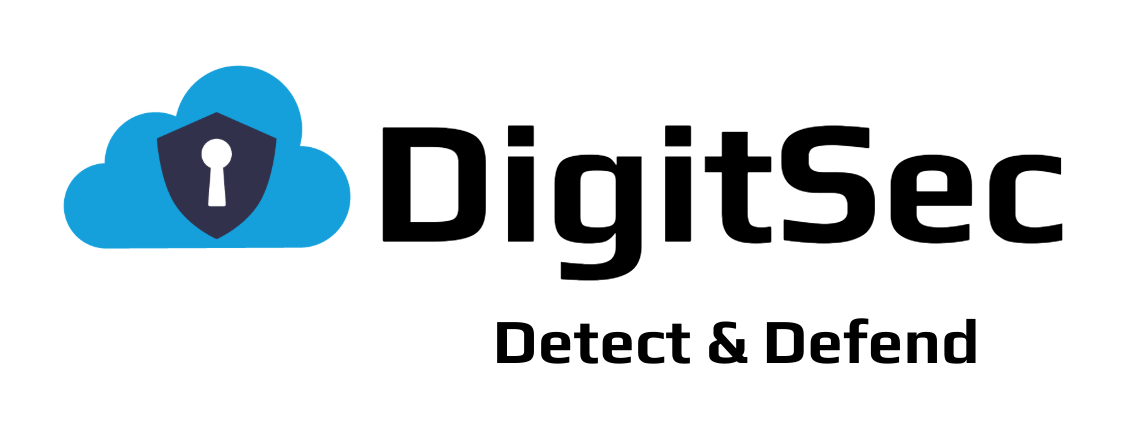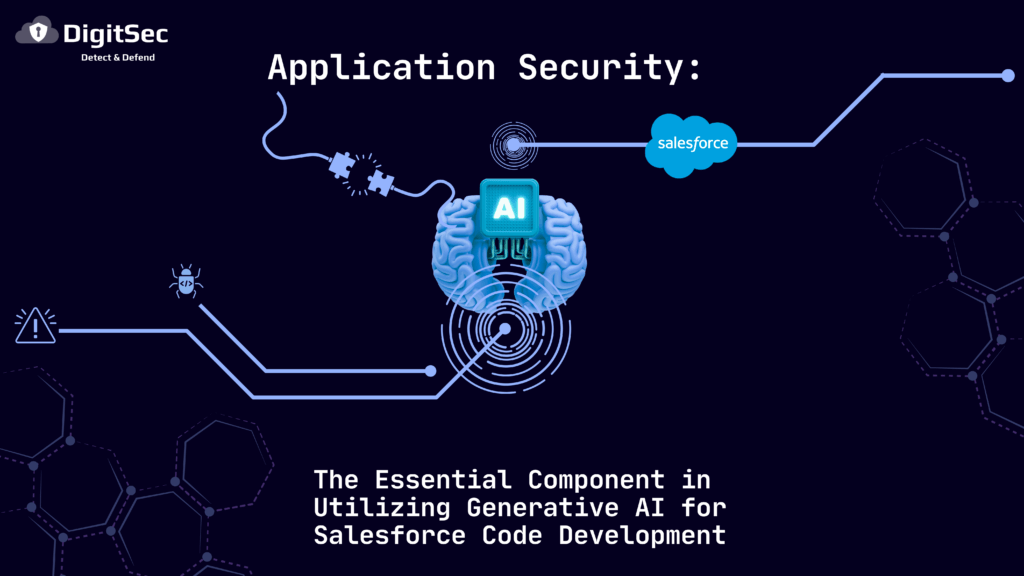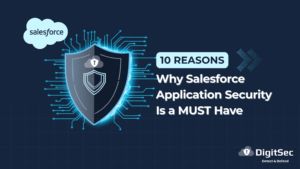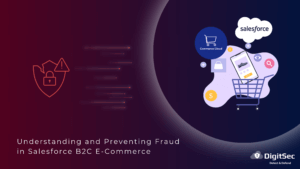Salesforce development typically involves writing Apex classes, triggers, Lightning Web Components (LWC), and other customizations to address specific business requirements. Traditionally, this process demands a deep understanding of Salesforce’s proprietary languages and frameworks. However, Generative AI transforms how developers build Salesforce applications by automating repetitive tasks, suggesting optimizations, and generating boilerplate code.
AI-powered tools like GitHub Copilot, ChatGPT, and Salesforce’s Einstein (including Agentforce, Einstein Copilot, and Einstein Analytics for Developers) can greatly accelerate Salesforce development while adhering to best practices. However, there are persistent security concerns related to these technologies.
Generative AI allows Salesforce developers to perform:
- Faster Code Generation – quickly produces Apex triggers, classes, and LWC components based on natural language.
- Debugging & Optimization – AI can analyze and fix code for SOQL inquiries, governor limit violations, and inefficient loops.
- Auto-generation Test Classes for deployment.
There are several risks associated with AI if it is not properly managed:
- Adversarial Machine Learning: Machine learning models can be vulnerable to adversarial attacks, where attackers introduce subtle and nearly imperceptible changes to input data. This can lead to incorrect predictions or malicious behavior from the AI.
- Data Poisoning: Attackers can manipulate the data used to train AI models, resulting in biased or inaccurate outcomes, which can cause significant harm.
- Sensitive Data Targets: AI systems often handle sensitive information, making them attractive targets for cybercriminals seeking to steal or misuse data. A successful data breach can expose sensitive user information and result in serious financial and reputational damage.
- Malware in AI Software: Attackers can exploit vulnerabilities in the AI software supply chain to inject malicious code, that can lead to widespread damage.
- AI-Generated Malware: Cybercriminals can leverage AI to create sophisticated malware that can evade traditional security measures and target specific systems or networks.
- Authentication Weaknesses: AI systems can be vulnerable to authentication attacks, where attackers impersonate legitimate users or systems.
- Regulatory Compliance: AI systems must adhere to relevant regulations, such as GDPR and PCI DSS, which can pose significant security challenges.
Generative AI accelerates development but demands caution. By validating AI outputs, enforcing security reviews, and utilizing scanning tools, Salesforce teams can leverage AI without jeopardizing security. However, human oversight remains essential to ensure quality, security, and scalability. When using AI, developers and admins need to:
- Ensure there is no exposure to sensitive data from AI results.
- Validate AI suggestions against Salesforce security practices.
- Review AI-generated code for security vulnerabilities (CRUD/FLS checks, SOQL injection risks, access control, etc.).
- Ensure regulatory compliance frameworks such as GDPR, HIPAA, SOX, PCI DSS, and others as noted above.
- Leverage Salesforce applications security platforms to identify vulnerabilities, mitigate risks, and increase cyber resiliency.
DigitSec is a comprehensive Salesforce code and config security scanning platform that is easy to use, delivers immediate value, and provides a positive business impact. DigitSec is an ideal solution for cybersecurity teams and developers to find security vulnerabilities, recommend corrective action before deployment, and enable faster delivery of secure applications. DigitSec is SOC 2 Type 2 compliant, following internal best practices of security controls, policies, and procedures.
DigitSec works with Salesforce Core, Sitegenesis, and B2C Commerce Storefront Reference Architecture (SFRA). It integrates with common DevOps tools such as GitHub, BitBucket, GitLab, Azure DevOps, JIRA, Copado, and more.
DigitSec’s integration with Salesforce Security Center allows users to organize permissions and controls into a user-friendly dashboard. The single view provided by Salesforce Security Center helps organizations enhance compliance and improve security by offering awareness, insights, and actionable options.
If your organization leverages AI or is thinking of using AI for your Salesforce development, learn how to identify, correct, and mitigate risks in your Salesforce and/or B2C Commerce Cloud application development, visit us at www.digitsec.com or email us at info@digitsec.com.
